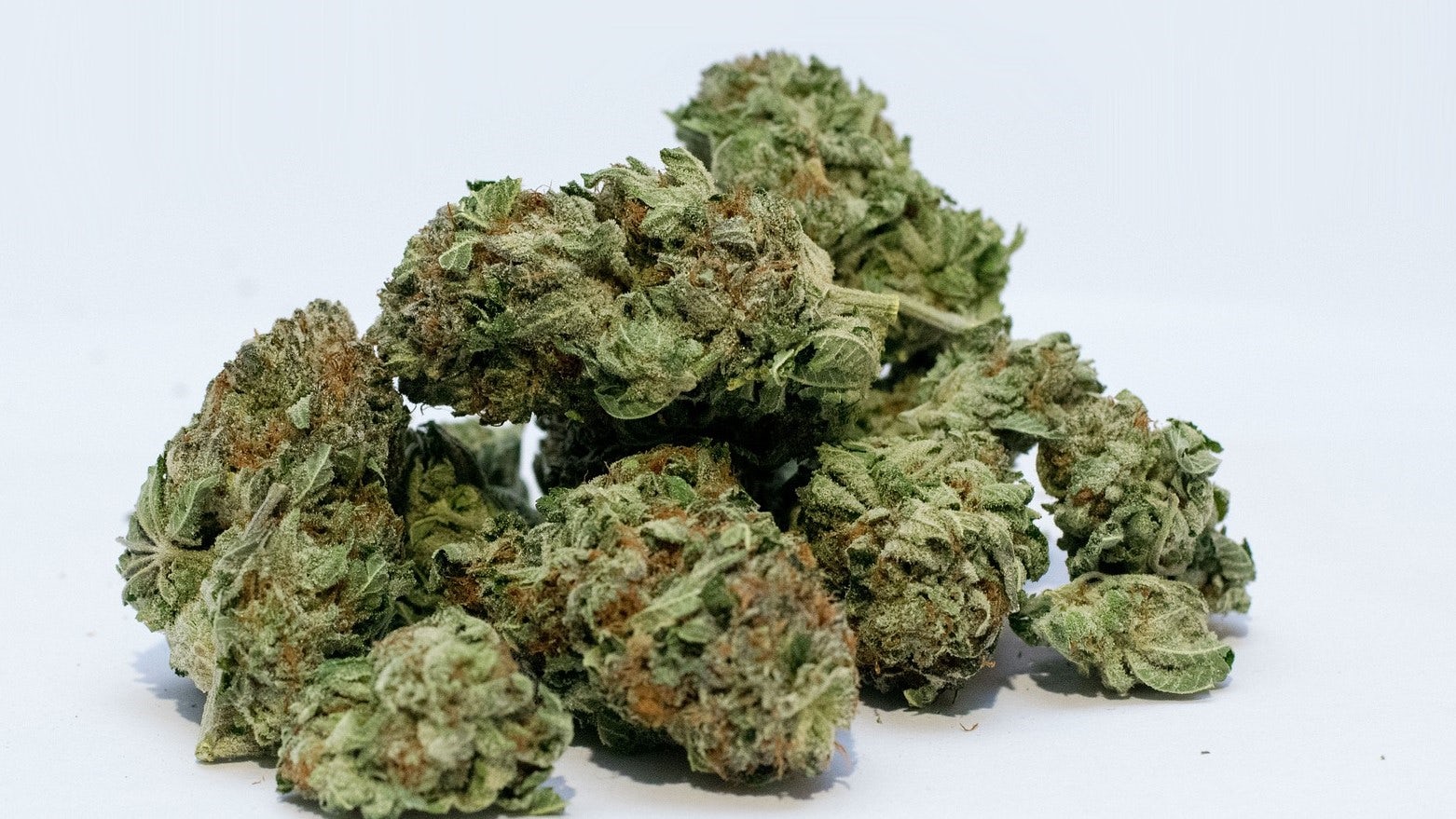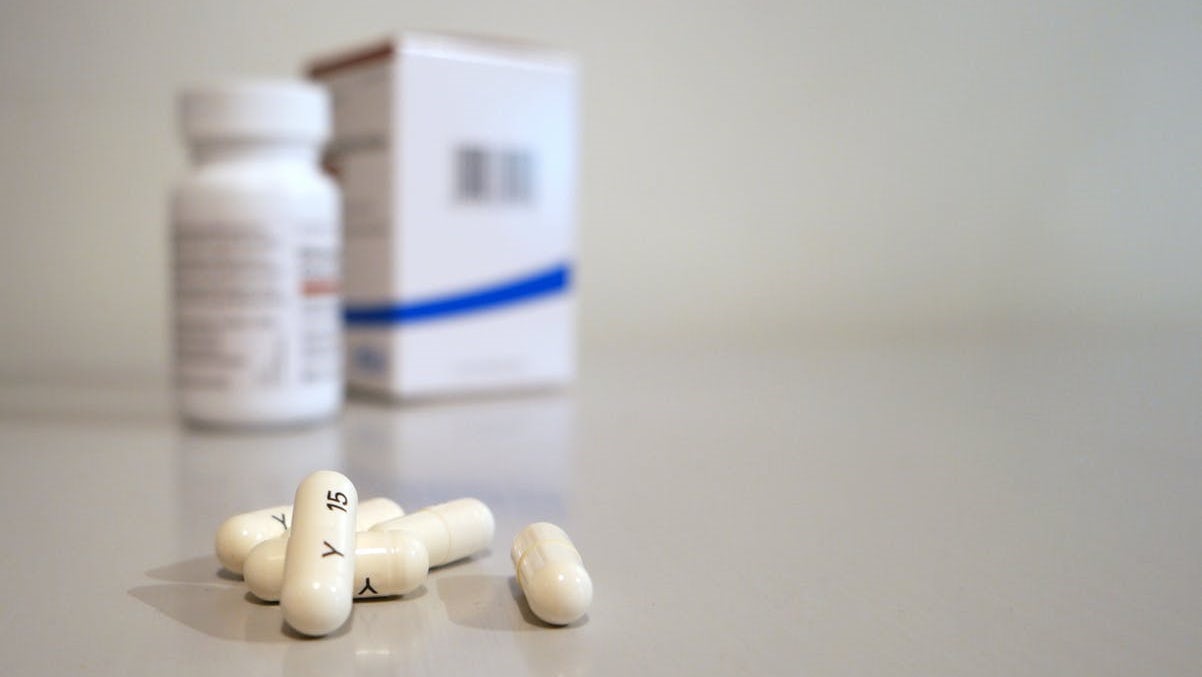
Driving while impaired by a drug or medicine is an offence. Many driver fatalities are affected by medicines and/or illegal drugs.
How do drugs affect driving?
Drug effects include impaired driving skills by affecting your vision, reflexes, alertness, coordination etc., and behavioural change such as taking risks that you wouldn’t take normally. This endangers yourself, passengers and other road users.
Medicines

Medicines bought on prescription and over-the-counter can impair driving. They may increase the risk of crashing by affecting your concentration, co-ordination, mood and reaction time. Examples of such medicines:
- some muscle relaxants
- some sleeping tablets
- some sedatives
- some diet pills
- some medicines for blood pressure, allergies, inflammations, fungal infections and nausea
- some strong painkillers
- some antihistamines (cold and flu or hay fever medicines)
How will drugs affect me?

Drugs affect each person differently. Ask your doctor or pharmacist for advice on how any new medicines may affect your driving. While on medication:
- carefully read and follow the advice on the labels of your medicines
- do not combine the medicine with alcohol
- only take the prescribed doses
- check with your doctor or pharmacist if the label states the medicine may cause drowsiness
- do not treat yourself with additional medicines (or other remedies)
If your medicine affects your reflexes, your ability to concentrate or in any way makes you less able to drive properly - contact your doctor or pharmacist. Refrain from driving if you are not sure how a new drug may affect you.
Don’t mix!
Mixing medications, drugs or alcohol can be very dangerous, and might even be deadly. Combining drugs with alcohol will impair you much more than either one on its own.
